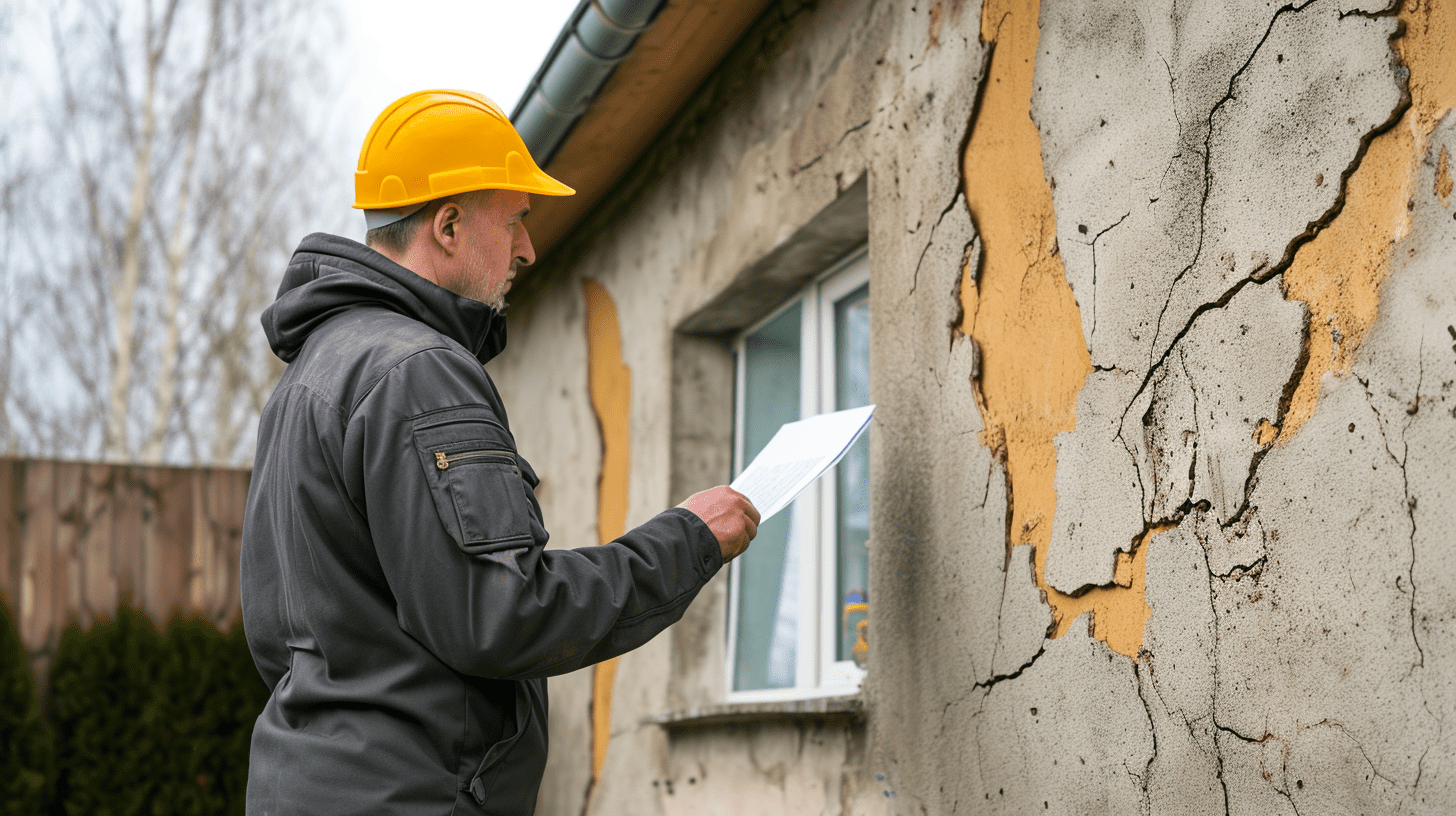If your property has suffered water damage, you’ll need to know how to deal with an Insurance Adjuster After Water Damage. First and Foremost you will need to file an insurance claim and work with an adjuster to settle it. Navigating this process effectively requires understanding key steps, being prepared with documentation, and asking the right questions. Follow these tips when dealing with an insurance adjuster to achieve the fullest recovery possible after water damage.
Table of Contents
What is an Insurance Adjuster?
An insurance adjuster is a professional who acts on behalf of an insurance company to investigate claims, determine coverage, assess damages, and settle claims. When a policyholder files a claim, the insurance company assigns an adjuster to handle the claim.
Key Responsibilities of Insurance Adjusters
Insurance adjusters have several core responsibilities:
- Investigating Claims – The adjuster will interview the policyholder, inspect damage, review documents, and gather evidence to determine what happened and validate details of the claim.
- Determining Policy Coverage – The adjuster analyses the insurance policy terms, conditions, and exclusions to establish what coverage may apply or not apply to the claim.
- Estimating Damages – Based on their inspection and expertise, the adjuster will calculate the extent of losses and damage costs needed to settle the claim.
- Negotiating the Settlement – The adjuster negotiates with the policyholder regarding the settlement amount that will be paid out based on the coverage and damages assessment.
- Closing the Claim – Once an agreement is reached on the claim settlement, the adjuster will authorise and process the payment and officially close out the claim.
An Adjuster’s Relationship to Policyholders
Insurance adjusters typically have an adversarial relationship with policyholders. The adjuster represents the interests of the insurance company, while the policyholder naturally wants the maximum claim payment. Adjusters must balance these competing motivations. This is why policyholders often hire public adjusters to advocate for them against the insurance adjuster.
Gather Evidence of the Damage
Take photos and videos documenting all water damage immediately after it occurs and as any hidden issues emerge over time. Keep receipts for emergency repairs and protective measures. Email this documentation to yourself and the adjuster. Thorough evidence is crucial for proving your losses.
Understand the Damage Type
Learn whether the water is clean, grey or black. Identify the source, like a burst pipe, storm flooding, etc. This determines appropriate repairs and if coverage limitations exist. Share details with your adjuster.
Review Your Policy
Ask your adjuster for a copy of your policy and to explain your coverage for the type of water damage you had. Ensure you understand applicable limits, exclusions and requirements.
Request an Advance Payment
Ask when you can expect to receive an advance payment to begin essential repairs, replacements and drying out. Push for this advance payment as soon as possible.
Get a Full Loss Assessment
Don’t rely solely on the adjuster’s initial loss estimate, which may be software-generated. Hire an independent loss assessor to thoroughly tally all structural and content damages for a fulsome claim demand.
Monitor the Claim Handling
Ask who will handle your claim throughout and when new adjusters may be assigned. Maintain clear communication and follow up on promises made no matter who is assigned.
Calculate True Reconstruction Costs
Account for inflated material prices, labour shortages and other cost impacts the adjuster’s estimate may not reflect. Have your loss assessor prepare a current cost calculation.
Negotiate Persistently and Reasonably
Be cooperative with adjusters, but persistently negotiate if their initial offer seems inadequate based on your policy, and evidence and cost estimates.
By following these guidelines, you can work towards the fairest possible settlement after water damage. Don’t hesitate to consult a public loss assessor to act as your advocate with adjusters.
How a Loss Assessor Can Help with Water Damage Claims
An experienced loss assessor advocates for policy holders, provides expert loss valuation, guides claim negotiations and ensures you receive your full entitled settlement. They are invaluable for accurately assessing water damage and achieving optimal claim results.
By following these guidelines, you can work towards the fairest possible settlement after water damage. Don’t hesitate to consult a public loss assessor to act as your advocate with adjusters.
Loss Assessor Dublin
As an experienced Chartered Loss Assessor based in Dublin, I can provide policyholders expert claim support and maximise recovery of insured losses. Contact me today to discuss your claim needs.
Call 0863 571 713 or email info@insuranceclaimsolutions.ie

